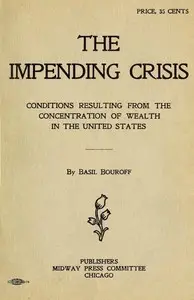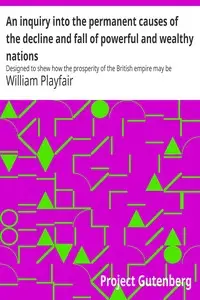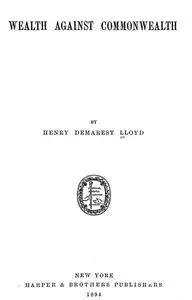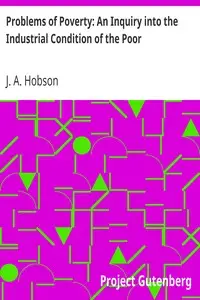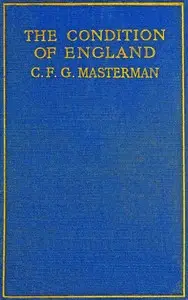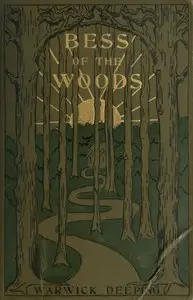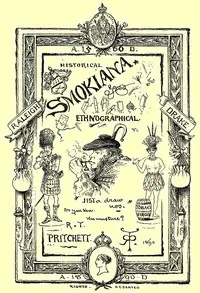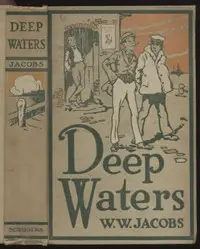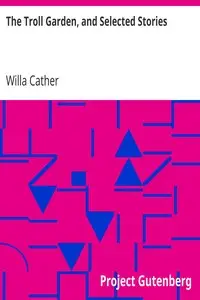"Riches and Poverty" by L. G. Chiozza Money is a study of Great Britain's financial state in the early 1900s. The author explores the deep divide between the wealthy and the impoverished in British society, during a period of widespread social disruption with in-depth reviews of income stats from 1908-1909. Though Britain appears wealthy, a large portion of the people struggled significantly with poverty and their most rudimentary needs. The book begins by presenting data that highlights how a few people hold a large amount of the country's money despite being a small percentage of the population. The information paints a picture and poses a challenge to how society views and distributes its wealth.
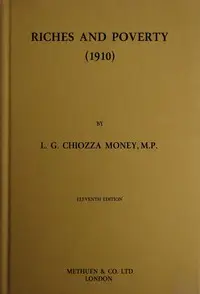
Riches and Poverty (1910)
By L. G. Chiozza (Leo George Chiozza) Money
Discover a time of social unrest as a nation's apparent wealth hides a stark reality, where a privileged few control the nation's riches and many struggle to survive.
Summary
About the AuthorSir Leo George Chiozza Money, born Leone Giorgio Chiozza, was an Italian-born economic theorist who moved to Britain in the 1890s, where he made his name as a politician, journalist and author. In the early years of the 20th century his views attracted the interest of two future Prime Ministers, David Lloyd George and Winston Churchill. After a spell as Lloyd George's parliamentary private secretary, he was a Government minister in the latter stages of the First World War. In later life the police's handling of a case in which he and factory worker Irene Savidge were acquitted of indecent behaviour aroused much political and public interest. A few years later he was convicted of an offence involving another woman.
Sir Leo George Chiozza Money, born Leone Giorgio Chiozza, was an Italian-born economic theorist who moved to Britain in the 1890s, where he made his name as a politician, journalist and author. In the early years of the 20th century his views attracted the interest of two future Prime Ministers, David Lloyd George and Winston Churchill. After a spell as Lloyd George's parliamentary private secretary, he was a Government minister in the latter stages of the First World War. In later life the police's handling of a case in which he and factory worker Irene Savidge were acquitted of indecent behaviour aroused much political and public interest. A few years later he was convicted of an offence involving another woman.


